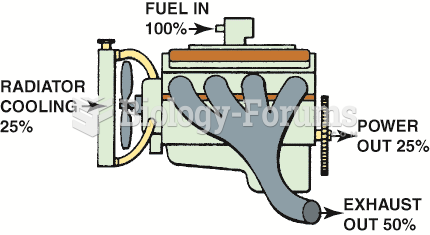Answer to Question 1
Less-developed countries use far less energy per capita than developed countries because they have smaller houses (less heating, cooling, and lighting energy required) and people typically have fewer appliances, fewer cars, and fewer electronic devices. People in developing countries typically do not have several televisions per family (or person) or several cars per family. The likelihood that a child has a television, computer, stereo, hair dryer, and toys that require electricity is greater in the developed world than the developing world.
The amount of driving and traveling per person is less in developing countries. Distances traveled for work and vacations are less; families live nearby and the number of trips per year is less.
Answer to Question 2
According to the Department of Energy, the period from 1973 to 1995 saw a reduction in energy growth by 18, saving the economy 150 billion a year in total energy expenditures.
Energy conservation is the single greatest source of energy available. It has the ability to reduce the environmental consequences of all types of energy sources. If we double the fuel efficiency of the automobile from 27.5 mpg to 55 mpg (the mileage of some hybrids), we have halved the environmental impact of driving the same number of miles. We have also doubled the life span of our petroleum reserves used for transportation. Even something as simple as carpooling with one other person doubles the fuel efficiency of the trip. Walking, which also improves cardiovascular health and could help reduce obesity, would decrease energy consumption.
Combined heat and power (CHP or cogeneration) is another way to conserve. According to CHP methodology, a factory or large building installs a small power plant that produces electricity and heats the building with waste' heat. Such systems can achieve an efficiency of 80 Use of this technology boosts the efficiency of conversion of fuel energy to electrical energy from around 30 to as high as 50.
Other energy conservation measures include insulation, double-pane windows, substitution of fluorescent lights for incandescent lights, more efficient appliances, recycling, and water conservation.







